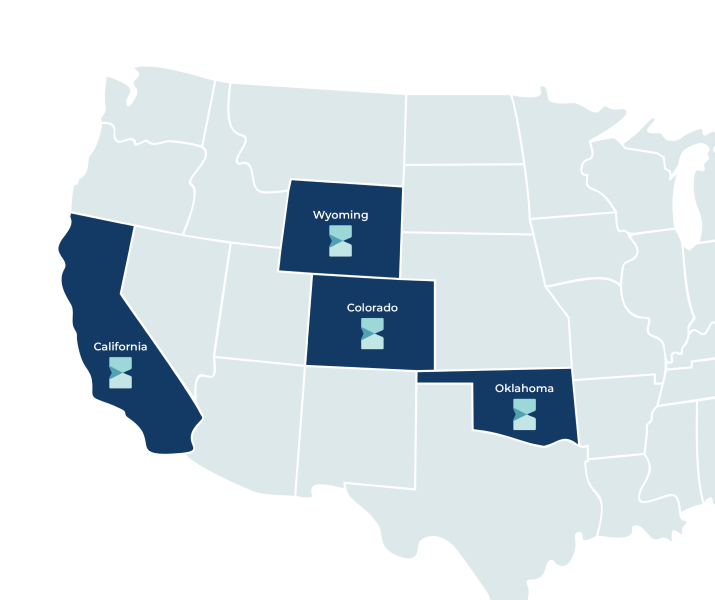
How is Debridement Different From Other Cleanings?
Why your dentist may recommend more than a standard cleaning
Sometimes, a standard dental cleaning just isn’t enough. If your teeth have excessive plaque and tartar buildup, your dentist may recommend a full mouth debridement to thoroughly clean your teeth and gums. While this procedure is more extensive than a typical cleaning, it’s an important first step toward restoring your oral health.
What is debridement?
Let’s start with the basics: Plaque is a sticky film that forms on your teeth daily. While brushing helps remove it, any remaining plaque can harden into tartar, which must be removed professionally.
If you’ve gone too long without a dental cleaning, plaque and tartar can build up to a point where a regular cleaning won’t be effective. That’s where debridement comes in.
Here’s what to expect:
- Your dentist may use a local anesthetic to keep you comfortable
- Hand instruments or an ultrasonic scaler will be used to remove buildup
- The procedure usually takes about an hour and may be completed in one or two visits
- Your teeth may be polished after the procedure
After the debridement, your dentist can accurately assess your oral health and determine if you need additional treatments, such as scaling and root planing for gum disease.
Scaling and root planing vs. debridement
While debridement removes plaque and tartar from the surfaces of your teeth, scaling and root planing go deeper:
- Scaling removes tartar from beneath the gumline
- Root planing smooths the tooth roots to help the gums reattach and reduce periodontal pockets
Your dentist will let you know if this next-level treatment is needed after your debridement.
How to avoid a full mouth debridement
You can likely avoid the need for a full mouth debridement by following these daily habits and seeing your dentist regularly:
Brush properly: Use a fluoride toothpaste and brush for two full minutes, twice a day. Try an electric toothbrush and replace your brush every 3–4 months.
Floss daily: Only floss can clean between your teeth. Use regular floss, interdental brushes, or a water flosser.
Cut back on sugar: Sugary snacks and drinks feed bacteria, leading to plaque buildup. Rinse or brush after consuming sweets.
Stay on schedule: Visit your dentist every six months for a routine cleaning and exam to prevent plaque and tartar from building up.
Schedule an appointment with Espire Dental today!

Stop putting off your smile
Book your visit now—it’s easier than you think
Find your Espire location
